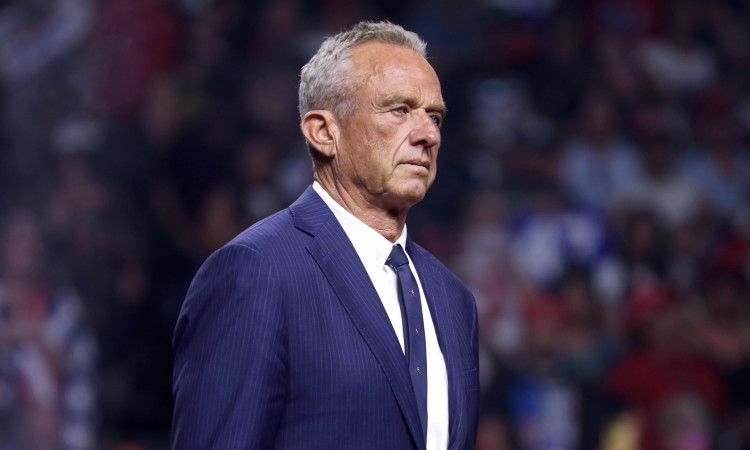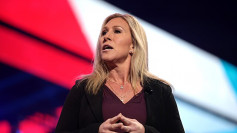Health and Human Services Secretary Robert F. Kennedy Jr. drew bipartisan criticism during heated Senate testimony this week as he defended sweeping changes to vaccine policy and leadership shakeups at the Centers for Disease Control and Prevention. The exchanges underscored growing unease over Kennedy's approach to immunization and public health oversight.
Appearing before the Senate Finance Committee, Kennedy reaffirmed support for claims that mRNA vaccines pose serious risks despite extensive evidence of their safety. Asked about statements from Retsef Levi, a newly appointed member of the CDC's Advisory Committee on Immunization Practices, who has said mRNA vaccines cause "serious harm, including death, especially among young people," Kennedy responded, "I agree with it."
Sen. Michael Bennet, D-Colo., pressed Kennedy on the remark, noting that Levi's views echoed antivaccine rhetoric circulating online. Kennedy said he was unaware of Levi's comments but stood by the sentiment. His position conflicted with dozens of peer-reviewed studies and CDC data showing Covid-19 vaccines reduce severe illness by nearly 70% and cut hospitalization risk by about 50% in the first two months after vaccination.
The hearing quickly devolved into confrontations with both Democrats and Republicans. Sen. Thom Tillis, R-N.C., said he was confused about Kennedy's position, noting that the secretary once said President Donald Trump deserved a Nobel Prize for Operation Warp Speed but has since attacked the safety of the very vaccines it produced. "I can't tell where you are on Operation Warp Speed," Tillis said.
Other Republicans, including Sens. John Barrasso of Wyoming and Bill Cassidy of Louisiana-both physicians-also voiced concern. Democrats were more direct. Sen. Ron Wyden of Oregon accused Kennedy of stacking the vaccine advisory panel with "skeptics and conspiracy theorists." Sen. Raphael Warnock questioned Kennedy about disparaging remarks he had made about CDC staff prior to a deadly shooting at the agency. Kennedy fired back: "Are you complicit in the assassination attempts on President Trump?"
The confrontations came after a turbulent week at the CDC. President Trump fired Director Susan Monarez less than a month into her tenure, prompting four senior officials to resign. In a Wall Street Journal op-ed, Monarez accused Kennedy of "a deliberate effort to weaken America's public-health system and vaccine protections." She wrote that she was told to preapprove recommendations from a vaccine panel "newly filled with people who have publicly expressed antivaccine rhetoric."
Kennedy defended the reshuffle, saying, "What we did is we got rid of the conflicts of interest. ... We depoliticized and put great scientists on it from a very diverse group. They are very, very pro-vaccine." But a recent USC study found conflicts of interest on the panel were already at "historic lows" before the overhaul.
Public health organizations reacted sharply. The Infectious Diseases Society of America and 20 other medical groups issued a joint statement calling on Kennedy to resign, warning that his policies "disregard decades of lifesaving science, spread misinformation, reverse medical progress and decimate programs that keep us safe." The American Medical Association, the American Public Health Association, and the American Academy of Pediatrics joined in condemning the administration's moves.
Kennedy has already canceled funding for further mRNA vaccine development, dropped Covid-19 shot recommendations for healthy children and pregnant women, and removed 17 members of the CDC's vaccine panel. He insisted those actions were necessary to restore public trust. "The people who at CDC who oversaw that process, who put masks on our children, who closed our schools, are the people who will be leaving," Kennedy said.






